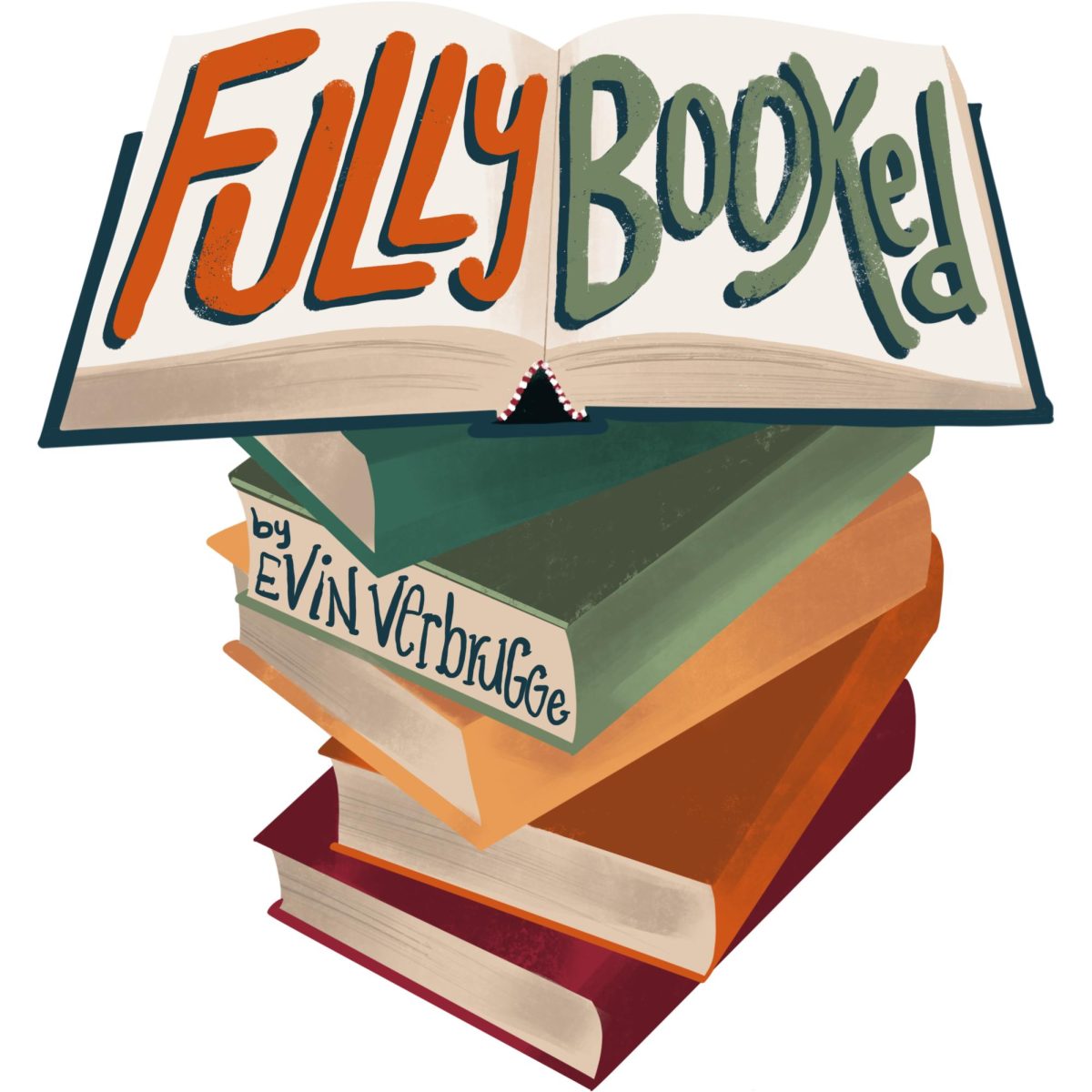Women’s History Month is coming to an end, but that doesn’t mean that we should stop celebrating women and, of course, female writers. I’ve compiled a list of books from female authors that I believe anyone who hasn’t read yet undoubtedly should. This list contains two nonfiction books and two fiction books, all of which I remember being fascinated by when I read them for the first time and still am to this day.
“A Room of One’s Own” by Virginia Woolf
In this extended essay published in 1929, Virginia Woolf imagines what would happen if William Shakespeare had a sister of talent equal to his own. Woolf explains that if this sister had been a real person, it would be unlikely that she would have achieved the same success as her brother because she would not have been provided with adequate resources or opportunities.
This essay chronicles Woolf’s search for written information on the history of the everyday lives of women. Her research brings her to find a significant lack of recorded history of women, and the small amount that she does find was written by men. As the title alludes to, Woolf believes that women who want to write fiction must be given a room of their own to spend time writing in rather than the lack of opportunities they were given at the time.
“Feminism is for Everybody” by bell hooks
If you aren’t familiar with bell hooks, you might be thinking there’s a typo here and that her name should be written as “Bell Hooks.” However, in the late 1970s, hooks decided to change her name to mirror her late grandmother’s, but kept every letter lowercase to bring attention to her work rather than herself.
As an intersectional feminist, bell hooks wrote “Feminism is for Everybody” to encourage a more inclusive feminist movement. The strikingly clear message of this book is that all people, regardless of race, gender or sexual orientation, deserve to be treated as equals and that feminism is not a vehicle designed for women to dominate men. If you have ever questioned what feminism is truly about, bell hooks wrote it quite simply — “Feminism is a movement to end sexism, sexual exploitation and oppression.”
“The Handmaid’s Tale” by Margaret Atwood
In this dystopian novel, the United States is replaced by Gilead — a republic created to control reproduction and where men have legal power over women’s bodies. Handmaids are women who are forced to bear children for couples who are unable to conceive, and the main character Offred is assigned to The Commander — who is also one of Gilead’s founders — and his wife, Serena. As a narrator, Offred switches between her dictated life as a Handmaid and her life before, when she lived with her husband and their daughter.
Through the perspective of Offred, readers gradually learn how she and countless other women were forced into the role of Handmaids and the severe abuse they endured. This novel is famous for its message on the dangers of controlling reproductive rights and the importance of resisting oppressive systems.
“The Secret History” by Donna Tartt
Unlike the previous three books in this list, “The Secret History” is not a feminist novel. I’ve included this book because I believe that Donna Tartt is one of the greatest writers alive today and I cannot recommend this book enough. As much as I love reading, I’ve never been the fastest reader, but I finished this 576 page book in less than a week and am planning to re-read it this summer.
This dark academia, psychological fiction novel follows a college student, Richard Papen, as he transfers to Hampden College. Hampden is a small, liberal arts college in Vermont where Richard finds himself in a highly exclusive Greek studies program along with only five other students — Henry, Francis, Charles, Camilla and Bunny. Because the program is so demanding, Richard rarely socializes with anyone outside of his classmates, especially when one student is murdered and the group has to cover up everything they know about it.
These are only a few of my favorite novels written by some unbelievably talented women, so I would like to quickly list a few more that deserve to be read by anyone and everyone:
- “I Know Why the Caged Bird Sings” by Maya Angelou
- “Little Women” by Louisa May Alcott
- “The Color Purple” by Alice Walker
- “The Woman Destroyed” by Simone de Beauvoir
Afterall, we should be recognizing outstanding women — especially female authors — every day, not just during Women’s History Month!


